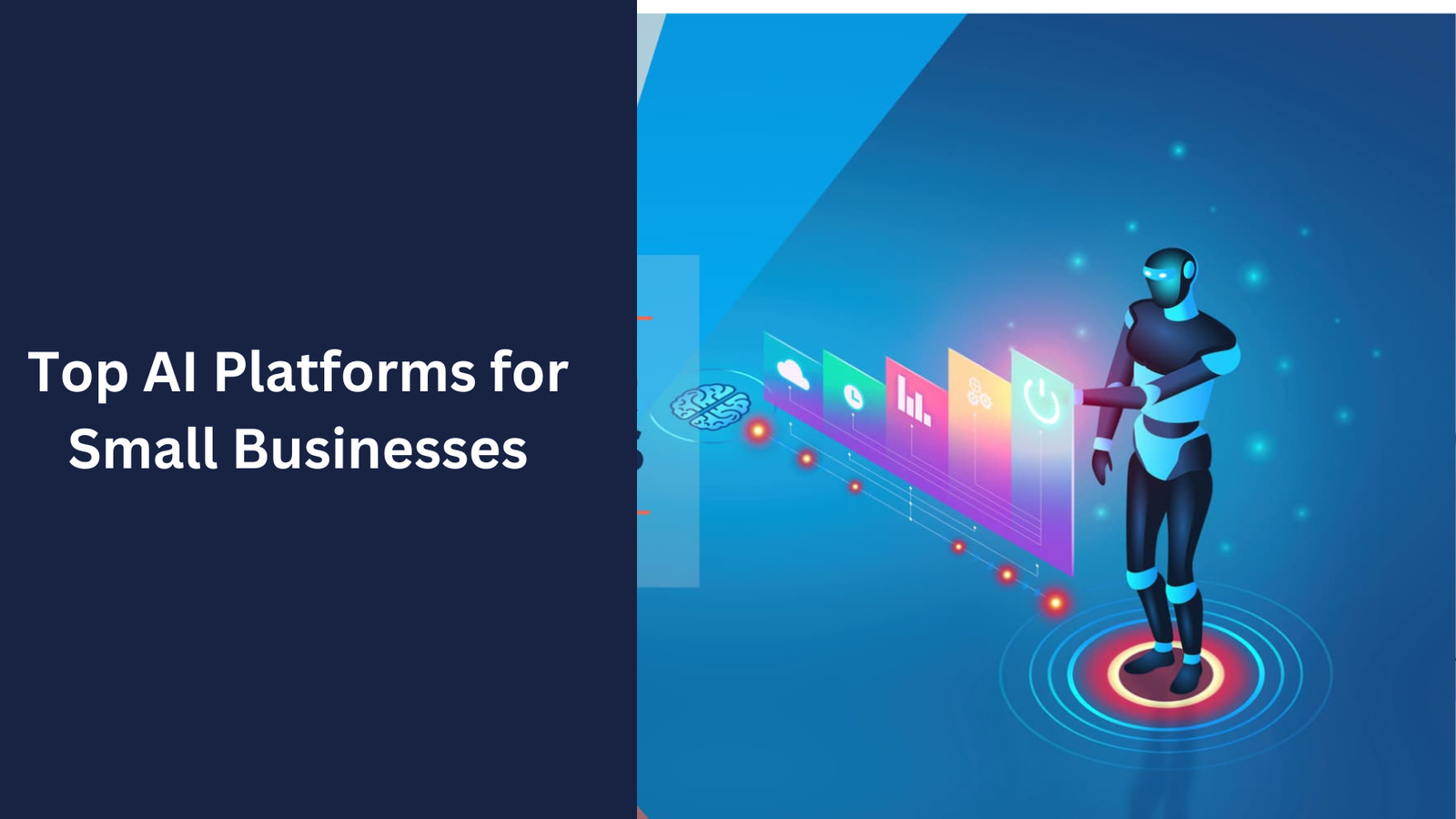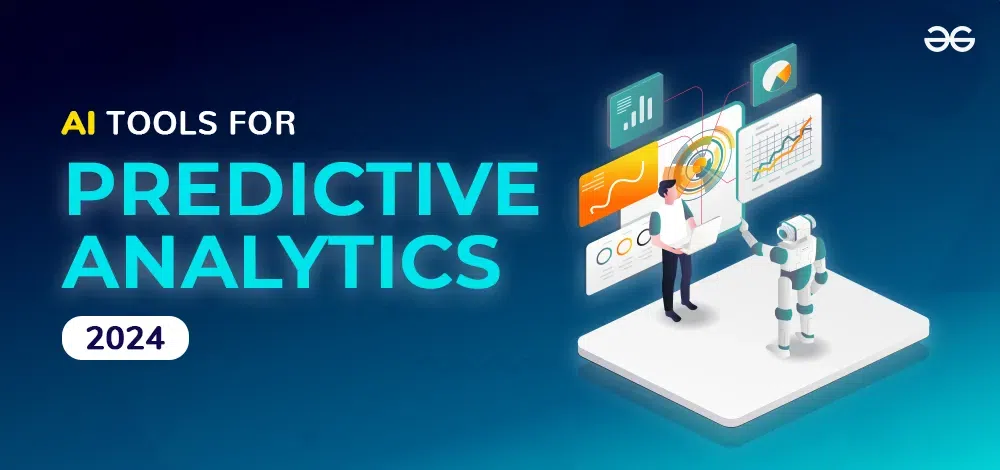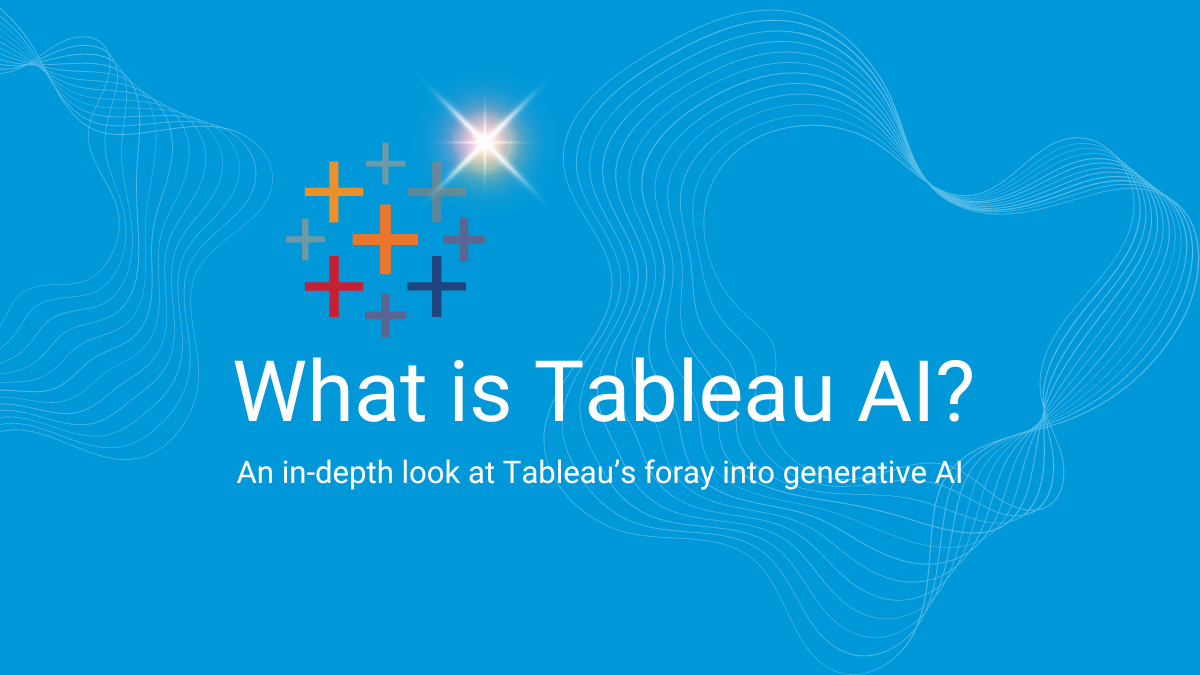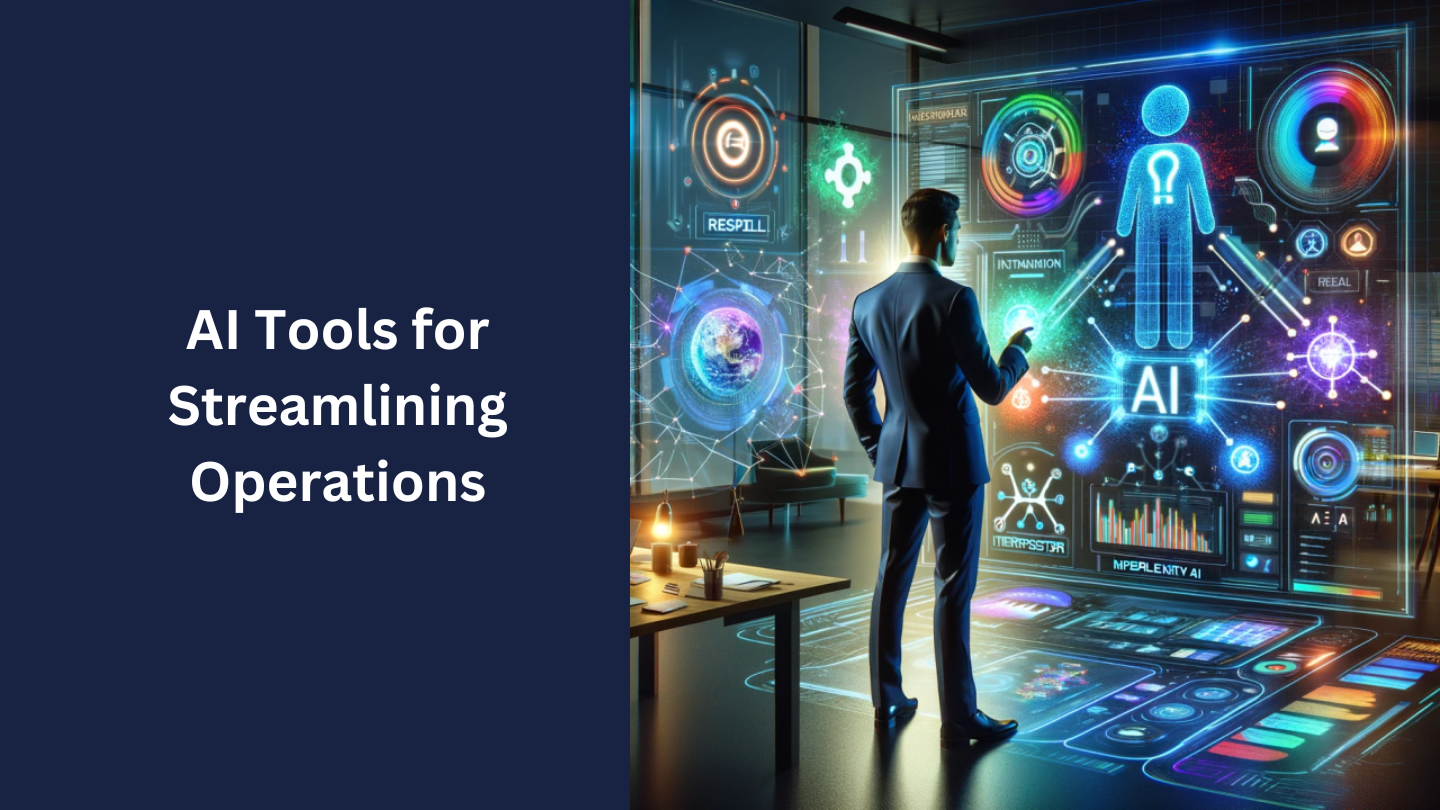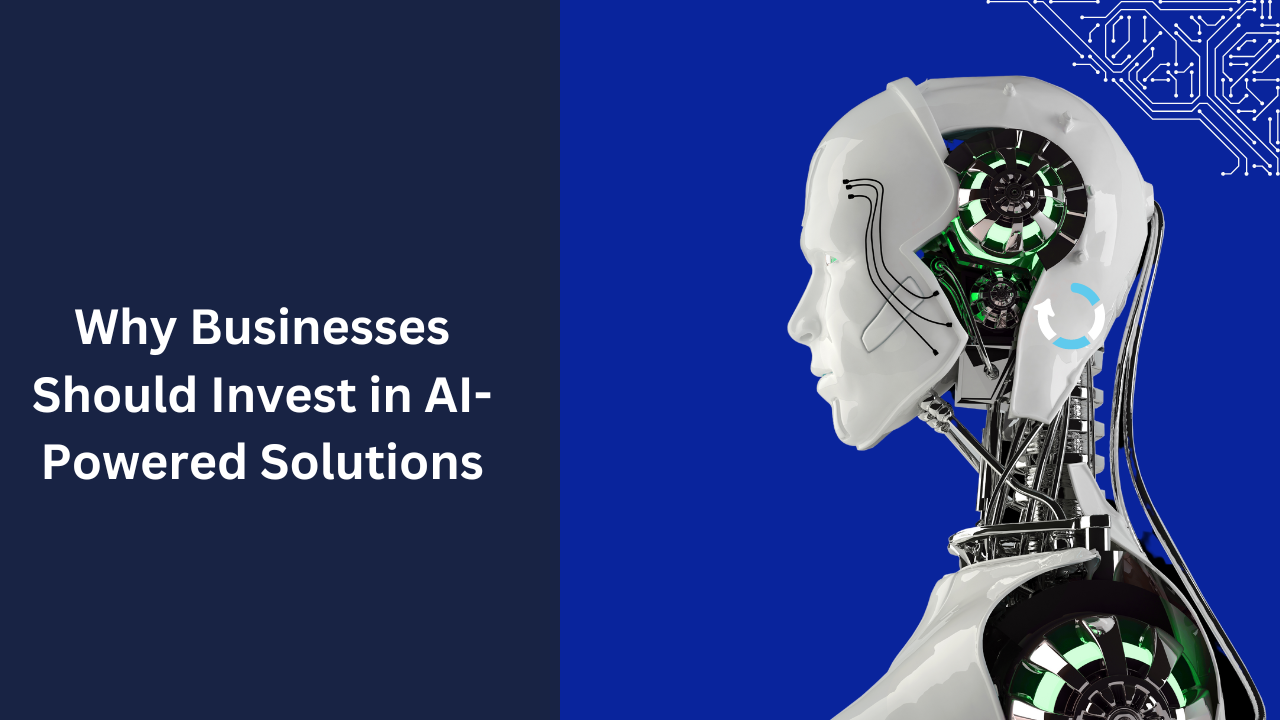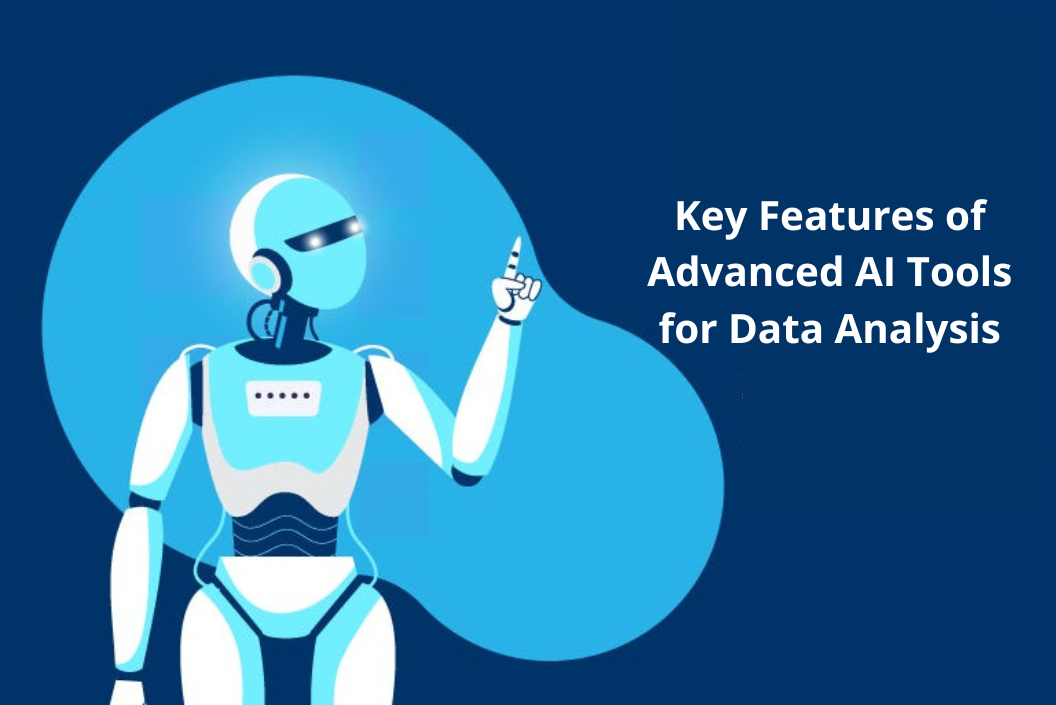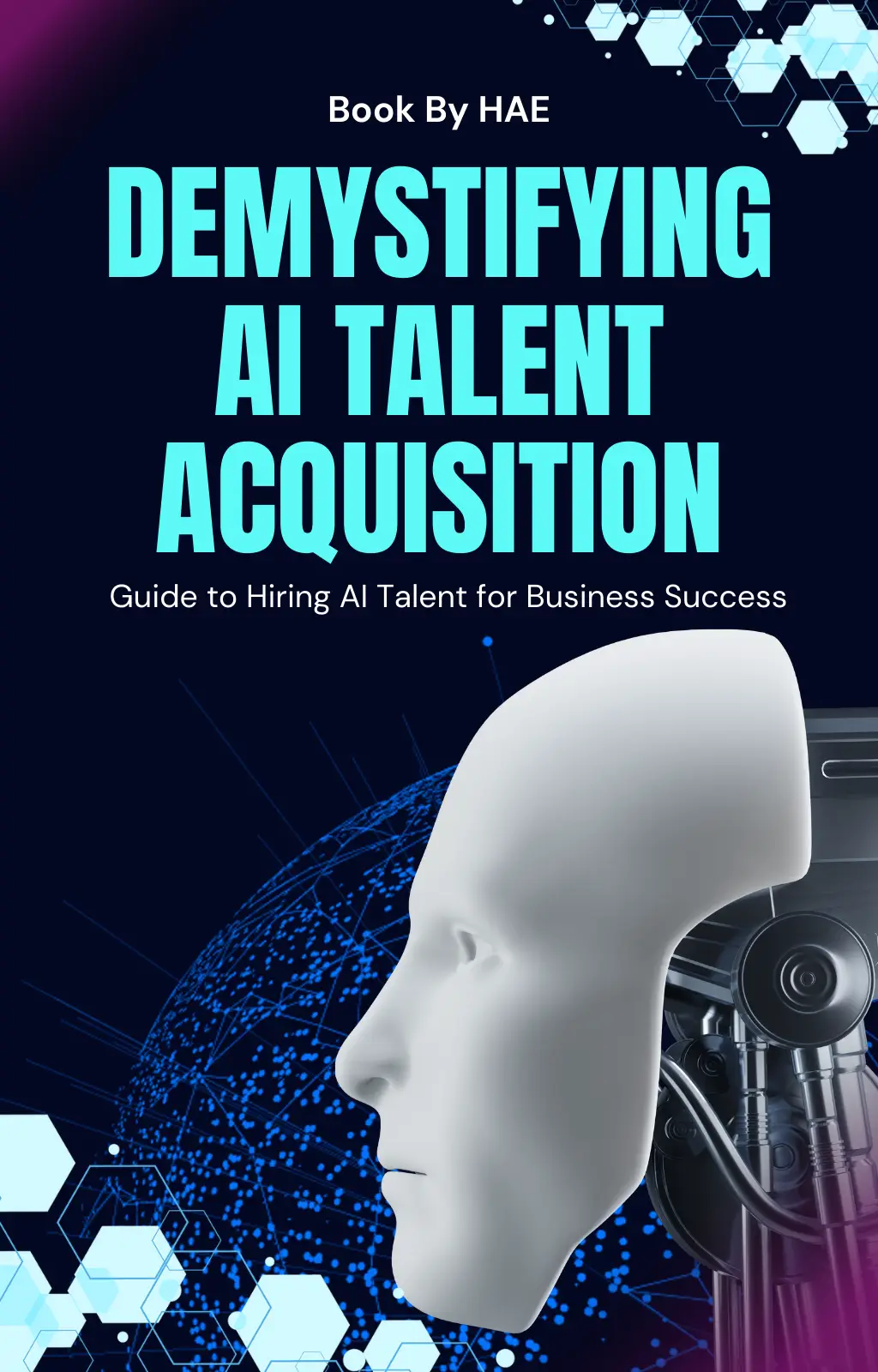In today’s competitive market, artificial intelligence (AI) is no longer reserved for large corporations. Small businesses can now leverage AI platforms to enhance operational efficiency, improve customer experiences, and make data-driven decisions. With user-friendly interfaces and affordable pricing, AI tools have become accessible to smaller enterprises, empowering them to stay competitive in a digital-first world.
This article explores the top AI platforms for small businesses in 2024-2025, focusing on how they can help streamline operations, improve marketing, and enhance customer service.
Why Small Businesses Should Embrace AI
AI is a game-changer for small businesses. From automating repetitive tasks to predicting customer behaviour, AI tools help reduce costs, increase efficiency, and provide valuable insights that can shape business strategies. These tools allow small businesses to compete with larger firms by offering sophisticated solutions tailored to their needs.
Key Benefits of AI for Small Businesses:
- Cost Reduction: AI tools automate time-consuming tasks like data entry, invoicing, and customer support, saving both time and money.
- Improved Customer Insights: Platforms driven by AI provide deep insights into customer preferences, helping small businesses tailor their offerings and increase satisfaction.
- Personalisation: AI can personalise marketing campaigns, making it easier to target customers with specific messages based on their behaviour, preferences, or past purchases.
- Predictive Analytics: AI tools like Tableau can analyse historical data and forecast future trends, allowing businesses to make better-informed decisions.
Top AI Platforms for Small Businesses
With so many AI tools available, selecting the right platform can be overwhelming. Here are some of the best AI platforms that are tailored for small businesses and offer excellent value for money.
1. Hootsuite Insights
Hootsuite Insights is an AI-powered social media management platform that helps small businesses monitor and manage their social media presence. It provides real-time insights into customer sentiment, engagement, and trends, allowing businesses to adjust their strategies accordingly. For small businesses looking to enhance their digital marketing efforts, Hootsuite is an affordable and user-friendly platform.
2. Zoho CRM
Zoho CRM is a cloud-based customer relationship management tool powered by AI. It helps small businesses automate lead generation, sales management, and customer engagement. Zoho’s AI assistant, Zia, provides predictive insights, analyses customer interactions, and offers suggestions to improve business processes. It’s an excellent tool for businesses looking to build long-term relationships with their customers.
3. HubSpot
HubSpot is an all-in-one marketing, sales, and service platform that integrates AI to provide personalised marketing experiences, automate email marketing, and track customer behaviour. Small businesses can use HubSpot to streamline their marketing efforts, manage customer relationships, and gain insights into how to optimise their sales funnels.
4. Xero
Xero is an AI-powered accounting software designed for small businesses. It automates bookkeeping tasks, such as invoicing and expense tracking, while providing real-time financial data. Xero’s machine learning features can categorise expenses and suggest financial improvements, making it an invaluable tool for small business owners who need to keep track of their finances without hiring a full-time accountant.
5. Tableau
Tableau is one of the leading AI platforms for data visualisation. For small businesses, Tableau offers the ability to turn raw data into interactive visualisations, making it easier to interpret business insights and make data-driven decisions. Tableau’s AI capabilities, including predictive analytics, can help businesses forecast trends, manage inventory, and optimise operations based on actionable data.
How AI Can Improve Small Business Operations
AI tools help small businesses achieve operational efficiency by automating routine tasks and providing real-time insights. Here’s how AI can make a significant impact:
1. Automating Administrative Tasks:
Small business owners often wear multiple hats, and AI tools can automate time-consuming administrative tasks like data entry, appointment scheduling, and customer service. For instance, Xero simplifies accounting, while Zoho CRM automates customer communications, freeing up valuable time for business owners to focus on growth.
2. Enhancing Customer Support:
AI-powered chatbots can provide 24/7 customer support, answering common queries and resolving issues instantly. Tools like HubSpot integrate chatbots with customer relationship management, helping small businesses improve customer service without the need for additional staff.
3. Optimising Marketing Campaigns:
AI tools enable small businesses to personalise their marketing campaigns. For instance, Hootsuite Insights provides data on social media engagement, enabling businesses to optimise their content and marketing strategy. By using AI to track customer behaviour, small businesses can tailor their marketing efforts and achieve better results.
4. Data-Driven Decision Making:
With platforms like Tableau, small businesses can use predictive analytics to make informed decisions. Whether it’s inventory management, sales forecasting, or customer behaviour analysis, AI-driven insights can help businesses avoid costly mistakes and seize new opportunities.
Emerging AI Trends for Small Businesses in 2024-2025
As we move further into 2024, several trends are shaping the way small businesses use AI to enhance operations and improve customer engagement.
1. AI-Driven Customer Personalisation
AI tools are becoming increasingly sophisticated in understanding customer preferences and behaviour. This allows small businesses to offer highly personalised experiences, whether through tailored marketing messages or customised product recommendations. For example, AI-driven platforms like HubSpot allow businesses to segment their audience and personalise their communications effectively. Understand how AI tools can enhance customers experience.
2. AI-Enabled Predictive Analytics
Predictive analytics is becoming a must-have feature for small businesses, especially those operating in highly competitive industries. Tools like Tableau and Zoho CRM offer predictive insights that can forecast sales trends, identify emerging market opportunities, and reduce operational risks. This trend is expected to grow in 2024, with more small businesses adopting AI for predictive capabilities. Find out the tools available for predictive analysis.
3. Automation of Repetitive Tasks
Automation is one of the key benefits of AI, and its adoption among small businesses is set to increase in 2024. AI can automate everything from accounting to customer service, reducing the need for manual intervention and allowing businesses to scale more efficiently. Platforms like Xero are already proving invaluable for automating financial processes and improving overall operational efficiency.
Future-Proofing Small Businesses with AI
Adopting AI platforms enables small businesses to stay competitive and adapt to a fast-changing market. By using AI to automate operations, improve customer engagement, and make data-driven decisions, businesses can increase their profitability and customer loyalty.
If you’re a small business owner looking to future-proof your operations, consider how AI tools like Tableau, Zoho CRM, and Xero can transform the way you operate. With these platforms, you’ll not only reduce costs but also improve customer experiences, allowing your business to thrive in the coming years.
For businesses looking for tailored AI solutions, book a consultation today to explore how AI can enhance your operations.
The Demand for AI Expertise in Small Businesses
As more small businesses adopt AI tools, there is a growing demand for professionals who can manage, implement, and optimise these platforms. Whether it’s handling customer data, improving operational efficiency, or developing marketing strategies, AI skills are becoming increasingly valuable.
Why Work with AI in Small Businesses:
- Rising Demand: As AI becomes integral to business success, there is a growing need for skilled professionals who can manage these platforms.
- Diverse Opportunities: Whether you’re a data scientist, marketer, or operations manager, the opportunities to work with AI are vast and varied.
If you’re interested in working with AI in small businesses, apply now to join a forward-thinking team.

